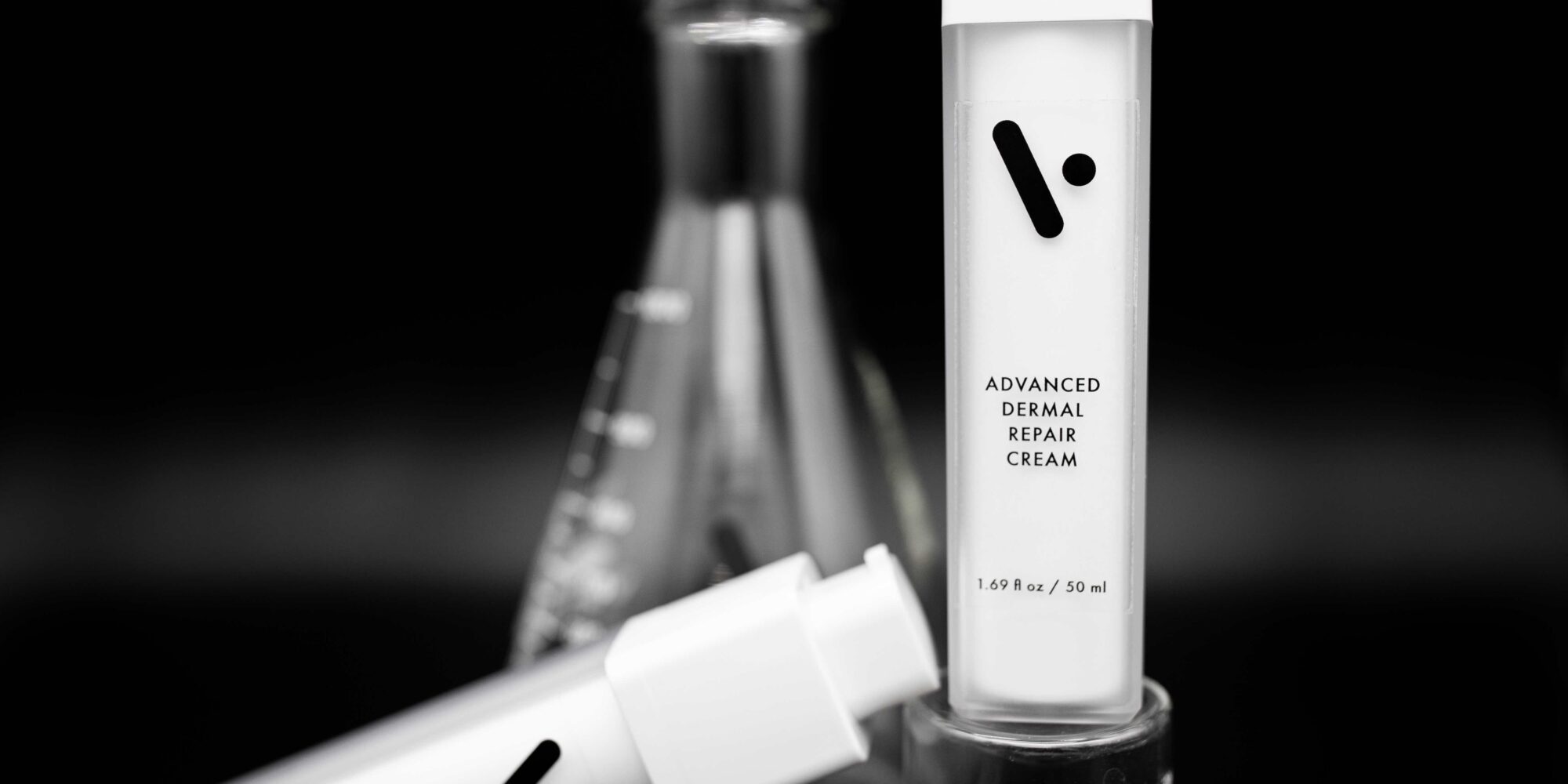
Viviq Skin Health Uses Bioactive Technology To Address Scarring—And Everyday Skincare Concerns
In 2017, Andrea Nye was in a horrific accident on the New York City subway. She emerged from it with 32 stitches across her face—and a new lease on life.
“I felt really good inside,” says Nye, president and CEO at Xylyx Bio Inc., the biopharmaceutical parent company of Viviq Skin Health, a skincare brand that launched in April. “I thought, ‘Wow, I survived this, and I’m going to make every day the best day that I can. And, then, I go look in the mirror and I go, ‘Shit, that’s not going to work.’ It was very strange. There was this disconnect between how I felt inside, which was great, versus how I looked on the outside, which was damaged.”
Nye consulted with plastic surgeons and dermatologists who suggested two options for her scars. She could wait for nine months to a year to let the scars set before burning them off with expensive laser treatments or she could apply off-the-shelf scar repair creams, silicone sheets and silicone gels.
“I did try all of the creams and silicone gels that these guys recommended, and they did nothing,” says Nye. “So, I was just left with a really big desire to have something else that I could use to help heal my scars.”
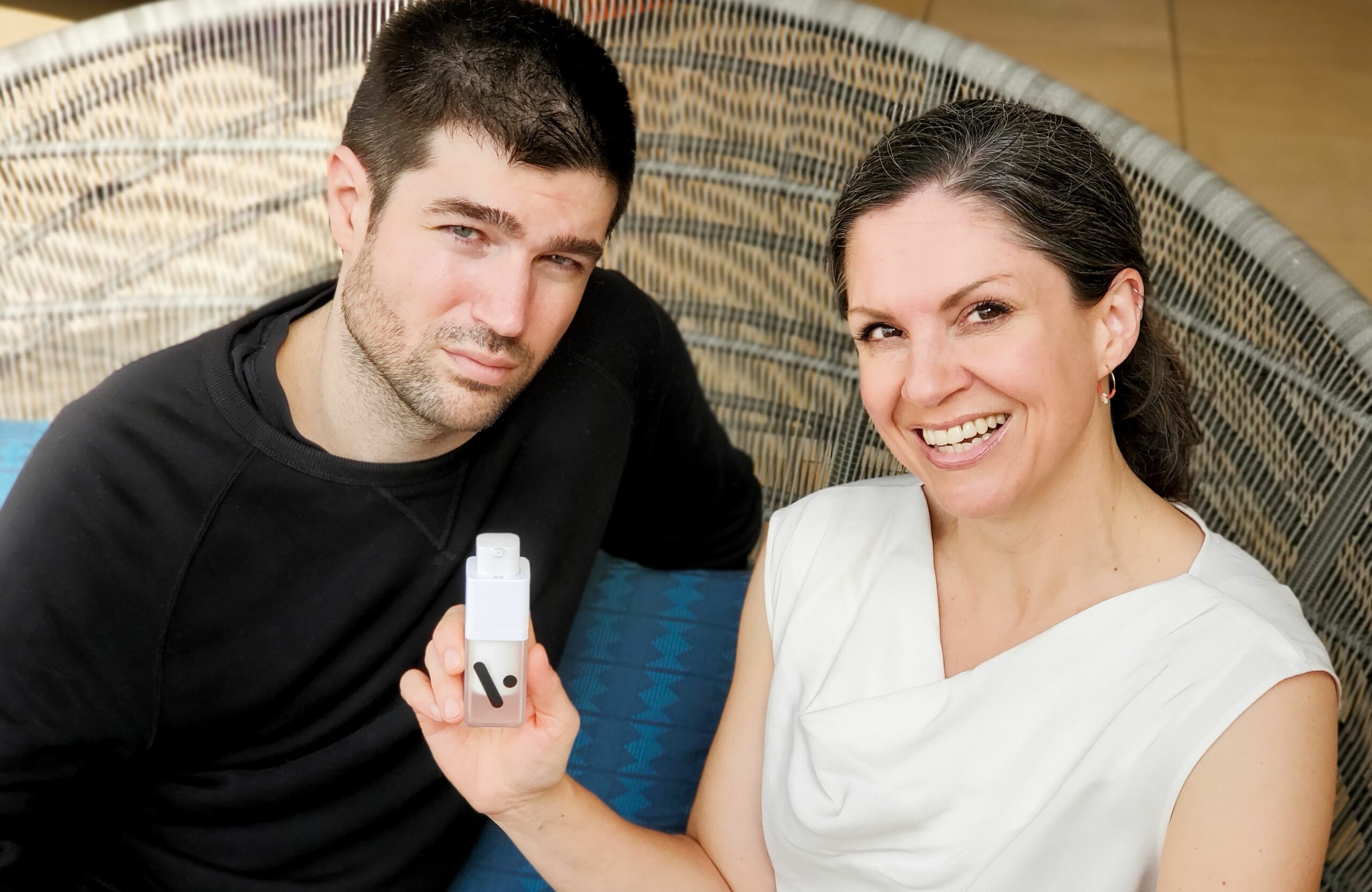
While venting frustrations to her colleague John O’Neill, chief scientific officer and co-founder of Xylyx, a breakthrough transpired. Xylyx specializes in regenerative treatments for issues related to the extracellular matrix such as fibrosis and scarring. The lab has a proprietary biotechnology tapping matrikines or peptides derived from extracellular matrix proteins to rebuild and restore tissue. Its patented a blend of matrikines as Matrikynes, and comparable technology is deployed in hospitals to assist with burns, severe tissue damage and vascular repair.
“John said, ‘We’re sitting on the answer. Look at what your technology is. Our company can do this,’” recalls Nye. “He said, ‘I’ll take some of the bioactive. I’ll put it in a carrier cream. You start using it, and you will be our first use case.’” Almost immediately after experimenting with the cream on her face, Nye noticed an improvement in her skin’s tone and texture, and a decrease in redness. In two weeks, Nye’s scars began to fade. In eight weeks, they had faded completely.
“I thought, ‘Wow, we’re really onto something,’” says Nye. O’Neill chimes in, “Fundamentally, that’s what matrikines do in the body. They help to modulate the immune system and part of that involves modulating inflammation.”
Shortly thereafter, Nye and O’Neill decided to introduce their biotechnology to the consumer skincare market, knowing that the task was “biting off a lot,” Nye admits. Creating a brand identity was a big challenge. Nye says, “How can we encapsulate the look and feel, this essence of what we want the brand to be known as? That doesn’t come at the snap of a finger. The other challenge has to do with having this novel, proprietary, bioactive ingredient. We had to be able to scale the manufacturing of that.”
Over the next couple of years, Nye and O’Neill tweaked their bioactive formulation to be more permeable for the skin. (A bioactive skincare formulation has a biological impact on the skin.) Nye and O’Neill iterated on their prototype to create an end product luxurious to the touch and the eyes. Nye explains, “We knew that, with the price point, it would have to be high-end.”
“We have unique, first-in-class, proprietary ingredients that we’re bringing to the market.”
The result is Viviq’s hero product, Advanced Dermal Repair Cream ($185), now available on the brand’s website. Nye says that it took “several million dollars” to hone the brand’s patented bioactive ingredient and readying the skincare brand for consumers cost about $400,000.
“We have unique, first-in-class, proprietary ingredients that we’re bringing to the market,” says O’Neill. “We don’t have to struggle to say how our brand is different from the thousand other brands that are mixing and matching most of the same ingredients, with a different look and feel.” He adds, “Our products are not the only products with bioactive ingredients, but, in the scar market, we might be.”
But Nye seeks to keep Viviq from getting too mired in the science as attempts to reach skincare consumers. “Our goal is to communicate that we have this scientific expertise and, then, combine that with a signature brand aesthetic,” says Nye. “We want to have it be science-y enough, but still approachable.”
By highlighting the cream’s ability to tackle scarring, the co-founders made a strategic choice. “What we thought is, ‘If we can demonstrate with our hero product the heaviest type of lifting, we can develop derivative products down the line to address other types of skin conditions,” says O’Neill. “But this really showcases the power of the Matrikynes technology.”
“We’re not using the product in the hospital, but it’s a similar fundamental approach,” he continues. “This is what is most exciting about bringing this to the consumer market: To make this kind of advanced medical biotechnology available to people to buy online or in the store. You don’t have to go to the hospital to get the best stuff.”
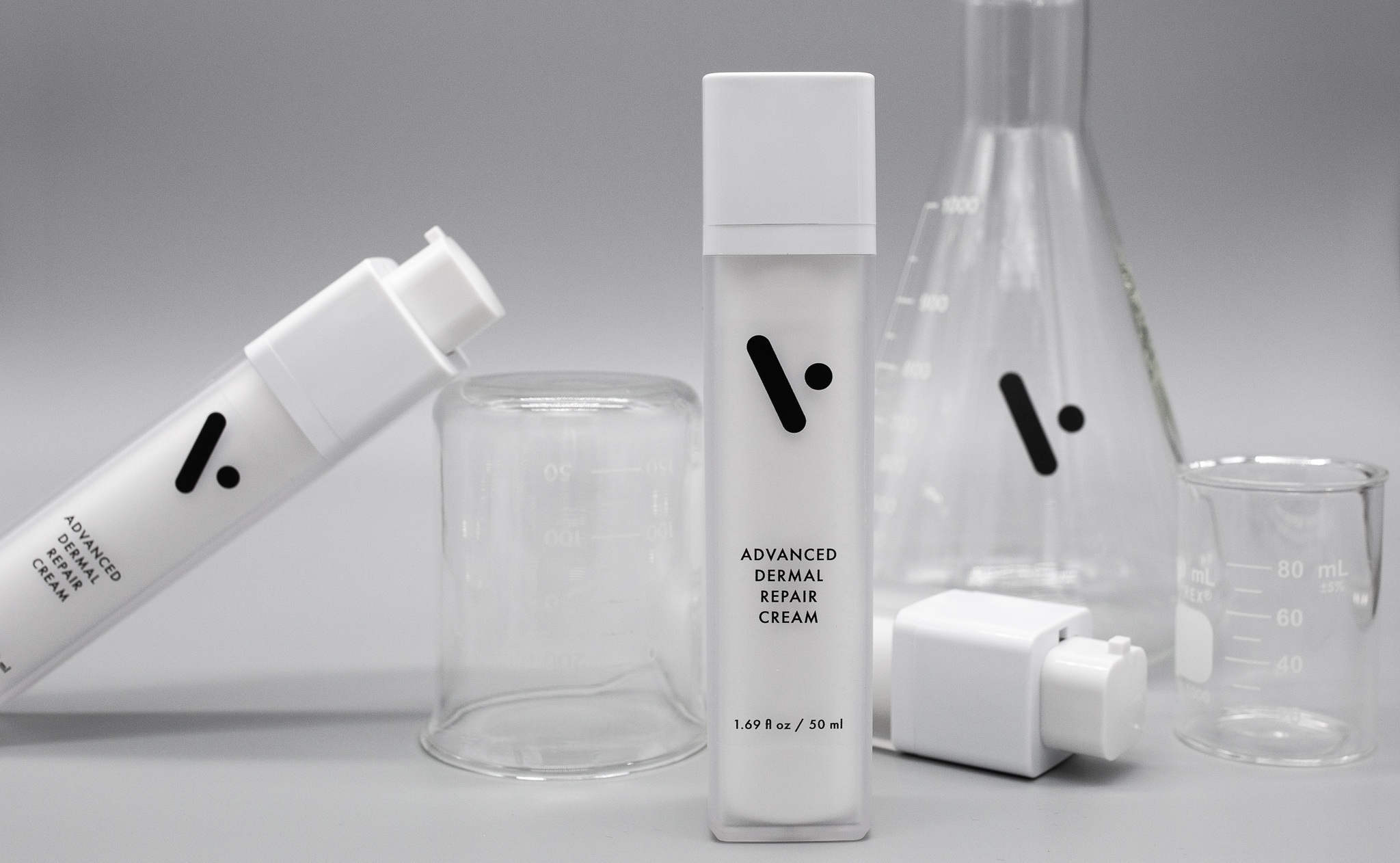
When researching scars, O’Neill discovered they can be detrimental to mental and physical health. “It turns out that skin scarring can have significant psychological effects: depression, eating disorders, sleep apnea,” he says. “I had no idea how badly some people struggle with severe scarring on their skin. So, we saw this as something bigger and more important than just the aesthetic aspect of a great skincare product. It’s really helping people to feel better about themselves in the most challenging type of skin repair.”
However, Viviq’s debut product isn’t designed solely for scarring. “The Advanced Dermal Repair Cream is really relevant for any type of skin damage, including daily wear and tear,” says O’Neill, mentioning it’s beneficial for acne, too. The Matrikynes contain hydrating hyaluronic acid and have been shown to stimulate collagen production.
Viviq is preparing to introduce a second product, Multi-Peptide Brightening Serum with Vitamin C, in June. A daily hydrating cream will join the product lineup in the fall. Products will be priced from $125 to $185 and sold direct-to-consumer at the outset. The co-founders hope to cross $1 million in sales in Viviq’s first year of business. They’ve received the backing of angel investors and plan to fundraise again soon.
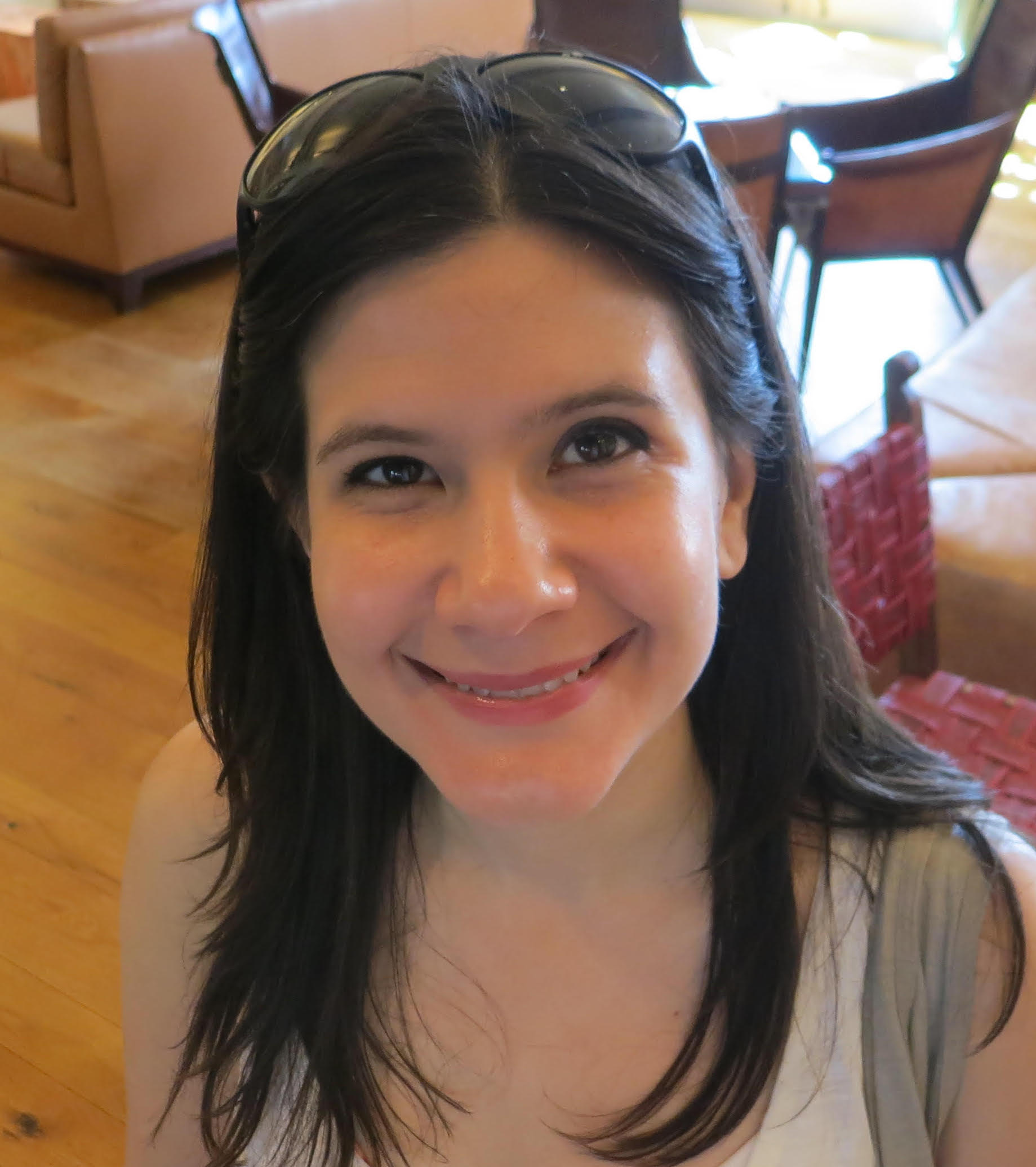
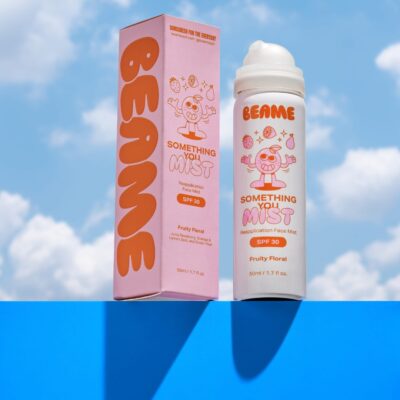
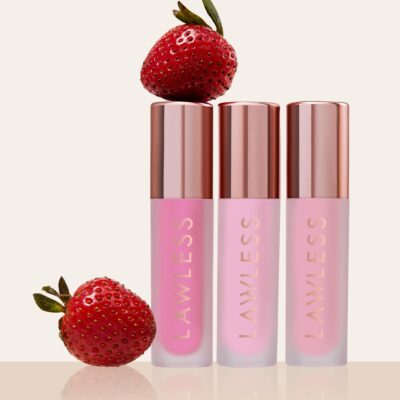
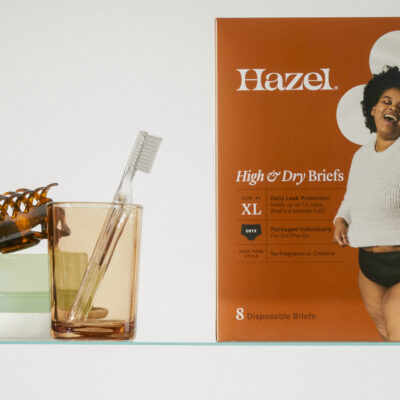
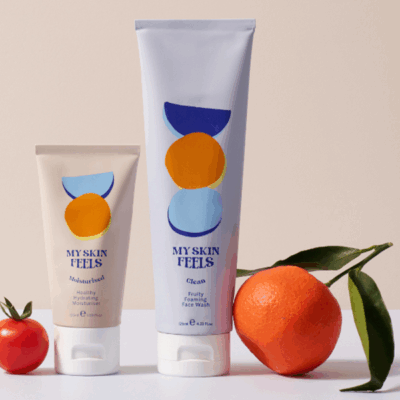
Leave a Reply
You must be logged in to post a comment.